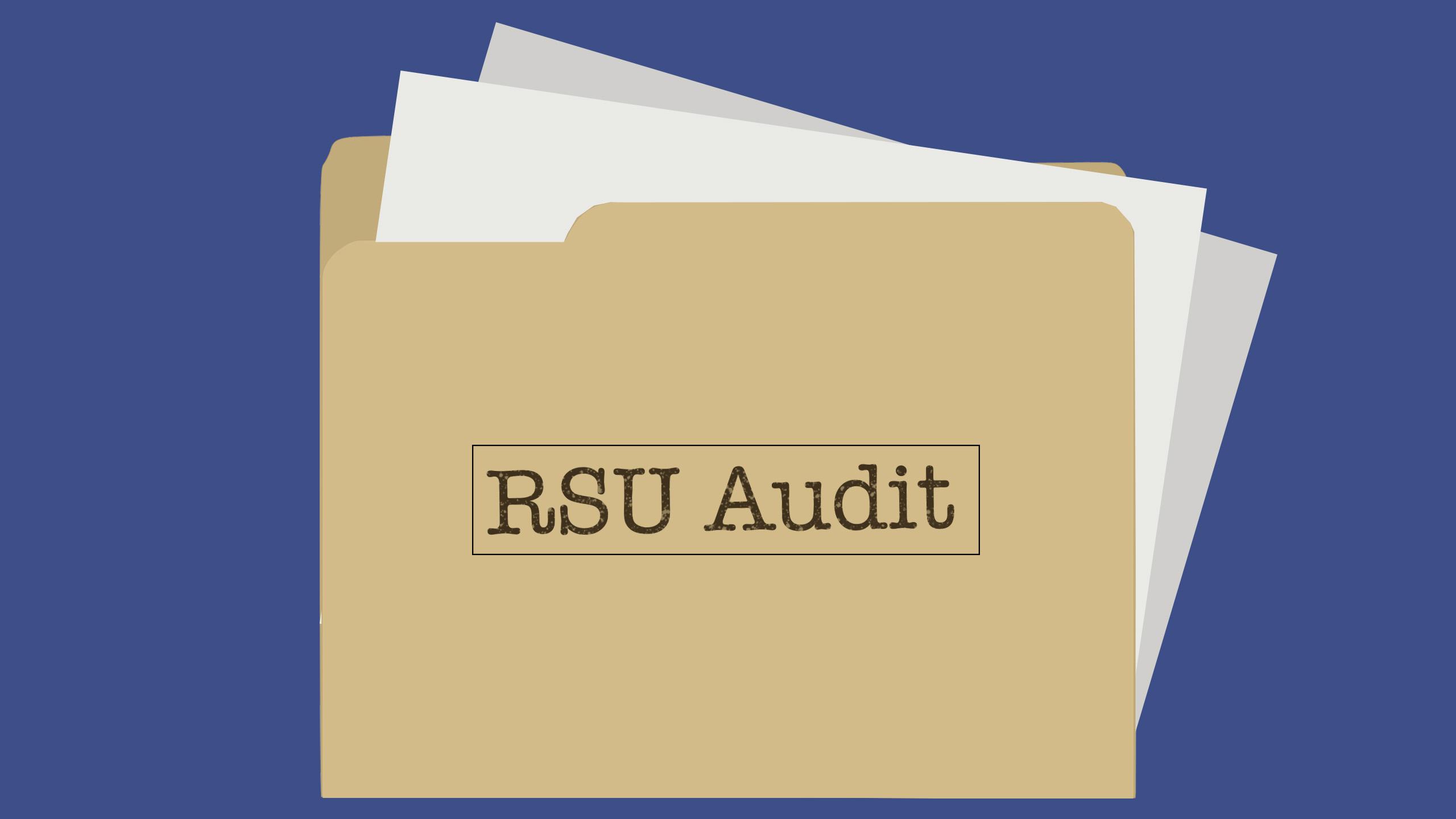By Valerie Dittrich
The forensic audit into allegations of misspending of student finances by Ryerson Students’ Union (RSU) executives will start this week.
The RSU is currently finalizing their engagement with PricewaterhouseCoopers (PwC), according to the union’s lawyer Alexi Wood.
“We’re getting the ball rolling,” said RSU preisdent Maklane deWever, who was elected after the former president was impeached.
He said the RSU is taking the allegations of financial mismanagement under the former president seriously.
The Eyeopener previously reported credit card statements under the names of the former RSU president and current vice-president operations showing thousands of dollars of purchases in food, clubs and alcohol. At a board meeting, the RSU’s financial controller confirmed a total of $273,000 was spent between May 1, 2018 and Feb. 1, 2019.
The audit will begin with looking into the credit cards and “expand as necessary” into other areas PwC recommends such as the Loud Fest concert. It will tie in with the RSU’s year-end audit.
“What we’re hoping to accomplish is to answer the questions students have been asking, investigate the allegations and see what kind of steps can be taken,” deWever said.
Ryerson University is withholding funds from the RSU until the results of the audit are available.
“I think there’s a significant chance criminal charges could be laid”
DeWever said the audit will also look at the RSU’s current financial policies to see if they can be more rigorous, along with determining if the completed audit has any data that could be grounds to take legal action.
“The stakes are a lot higher in a forensic audit because it could potentially go to court,” said Larry Yarmolinsky, a finance professor at Ryerson University who specializes in forensic audits.
According to Yarmolinsky, the findings of a forensic audit could potentially result in a lawsuit.
PwC did not respond to request for comment in time for publication.
Yarmolinsky said forensic audits typically have three steps: first, to set an objective to determine what they’re looking for in the audit. The second is collecting evidence, which usually entails gathering receipts, invoices, cheques and other relevant documents, along with conducting interviews with the people involved in the investigation.
The third and final step is writing up the report and presenting findings.
“The report would conclude what they found and then they would be the background support as to why they concluded there was fraud or not fraud,” Yarmolinsky said.
The Criminal Code of Canada defines a fraud charge as anyone who falsely defrauds the public or any person of property, money, valuable security or any service.
Robb MacDonald, a criminal defense lawyer who runs his own practice, said any potential charges would depend on who did the spending and how far out of line it was.
“If there was a misuse of the credit card, whoever the wrongdoers were, I think there’s a significant chance that criminal charges could be laid against whoever those parties might be,” said MacDonald.
The amount is important, he said, because there are different charges for fraud under and over $5,000.
“If it’s over $100,000, it’s considered a large scale fraud…[and] then the consequences in terms of the penalty go up,” he said.
“Is it intentional? Is it negligence? Maybe it’s neither”
Yarmolinsky added that it’s important the forensic audit is done by an external third-party, like PwC.
“If it’s an internal, someone can call it a [wash] and could be protecting someone; but a third party has nothing to lose and nothing to gain. There’s no need to protect anybody.”
But Yarmolinsky said people shouldn’t jump to conclusions. “We have to ask what happened. Is it intentional? Is it negligence? Maybe it’s neither. We don’t know yet.”
DeWever said he will do what he can to make the audit results public, and is committed to sharing the results with Ryerson administration.
While a forensic audit could take several months to complete due to its scope, Yarmolinsky said he believes it is in good hands with PwC.
“They don’t want to do it overnight,” he said. “If something is done quick, you’re going to wonder if they did a thorough job.”
With files from Raneem Alozzi.










Igor Bakovic
So given that it’s been 8 months this week since the audit started, is this officially being swept under the rug?